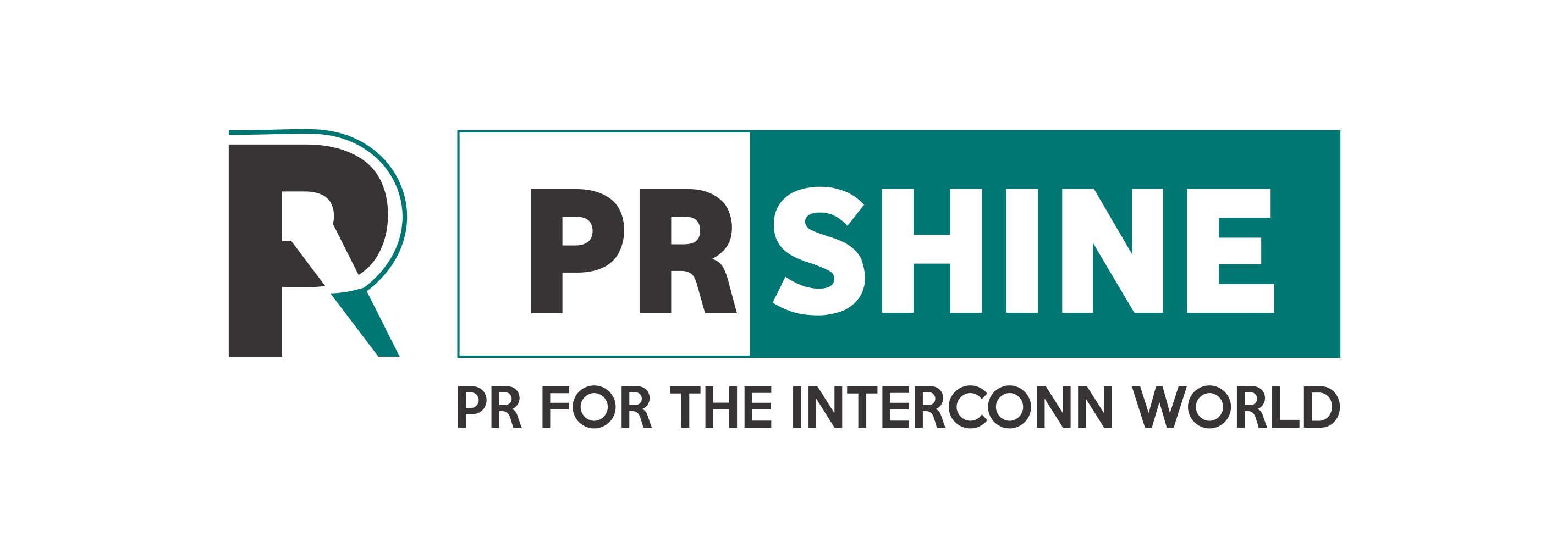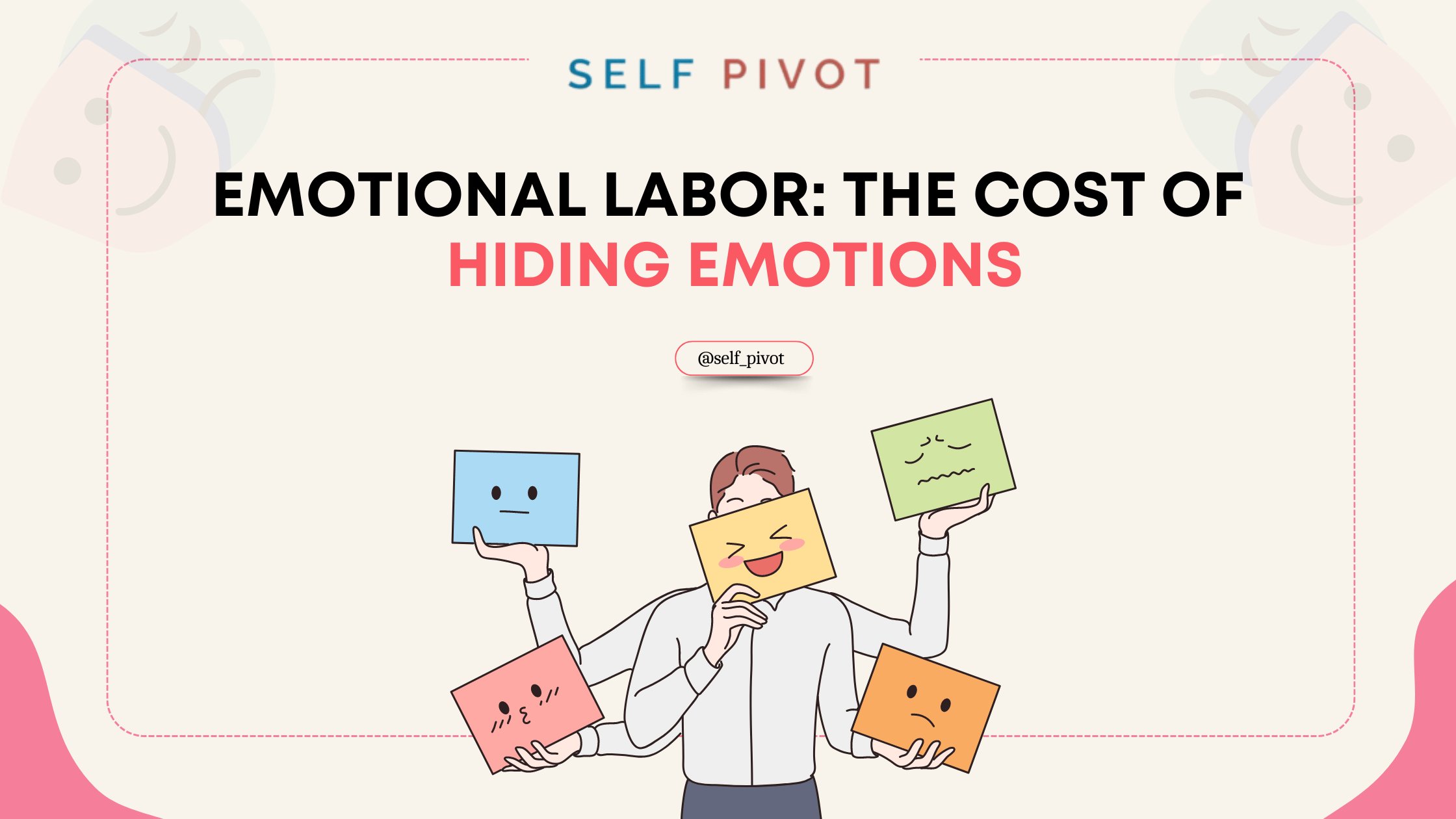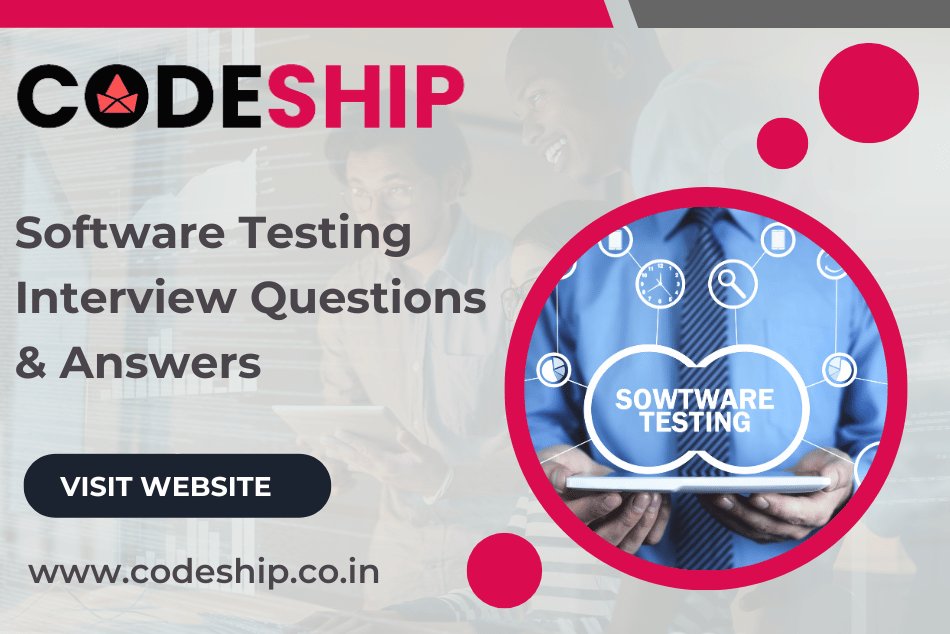Top 5 Challenges in Healthcare Market Research
In this blog, we will discuss the biggest Healthcare Market Research challenges that insight professionals have when conducting market research in the pharmaceutical and healthcare industries

Table of Content:
1.What is healthcare market research
2.Primary vs. Secondary Research
3.Primary Healthcare Market Research Methods
4.How Spade Health Works
5.Conclusion
In the dynamic field of healthcare, where innovations emerge quickly and patient requirements change on a regular basis, good market research is critical to success.
In today’s data-driven world, harnessing the power of information may transform healthcare firms by influencing strategic choices, product development, and marketing initiatives.
Market research allows healthcare practitioners to gain an in-depth knowledge of their patient’s needs and behaviors that they would not otherwise have. Furthermore, it enables practice providers to expand their patient base and increase patient retention rates by supporting them in providing products and services that are targeted to their patient’s unique needs.
This blog covers healthcare market research methods for researchers.
What is healthcare market research and why is it important?
Healthcare market research is collecting and analyzing data about the healthcare industry and its customers in order to better understand their needs, behaviours, and preferences. This information can then be utilised to inform business decisions and develop initiatives that improve patient care, create money, and increase overall satisfaction.
Healthcare market research can take various forms, such as surveys, focus groups, and data analysis, to determine consumer preferences, rate patient satisfaction, and track industry trends. This data can then be utilised to guide product development, marketing strategies, and healthcare policies.
Market research can result in more successful treatment initiatives, among other advantages. Researchers’ insights allow healthcare practitioners and organizations to make data-driven decisions rather than relying solely on intuition or partialities. This can lead to more effective and efficient resource allocation, improved patient outcomes, and more revenue for healthcare organizations.
Furthermore, healthcare marketing research can help identify new opportunities for growth and innovation in the organization. Understanding the needs and aspirations of patients and consumers enables healthcare providers to develop new products and services that better meet their needs, resulting in a more satisfied and devoted clientele.
Primary vs. Secondary Research
Primary research involves gathering new and unique data directly from the source through various methods such as surveys, interviews, focus groups, and observations. Primary research in healthcare can involve collecting information from patients, healthcare practitioners, and other industry stakeholders better to understand their needs, preferences, and experiences.
Secondary research is the analysis of already collected and published data and information. This may include industry studies, academic research, and government statistics.
There are several significant factors to consider when performing primary research in the healthcare industry. For example, it is vital to ensure that all research is ethical and follows all applicable rules and norms. Furthermore, it is vital to ensure that all collected data is accurate and reliable, as this information can have a significant impact on patient care and outcomes.
Combining these tactics allows healthcare practitioners to gain a comprehensive understanding of their patients’ needs and preferences, which can contribute in the development of innovative treatments, products, and services.
Primary Healthcare Market Research Methods:
Focus Group:
A focus group, which used to be conducted in person but is, becoming popular online, allows you to not only ask your audience questions but also create conversation. This framework yields more diversified insights than typical market research approaches, making it ideal for concept generation. Focus groups are common in the healthcare business, with both medical specialists and the general public participating.
In-depth Interview:
If you’re looking for information from a small group with specific knowledge or qualifications. In-depth interviews are likely to be the most effective technique to gather the necessary information.
A one-on-one interview, as opposed to a focus group with multiple respondents discussing the same issue, provides for a detailed, focused discussion of the topic at hand. Of course, the extra time required to interview each participant might make this one of the most difficult forms of market research studies to organise.
Observation Research:
The observation applies the criterion of gathering data from the audience without their knowledge. It entails devising novel methods for acquiring data from your target audience and tracking their behaviors. The strategy may face some difficulties because much of what happens in the healthcare profession occurs behind closed doors. Despite the difficulties, you can use the internet because people nowadays share their lives everywhere.
Online Surveys:
Conducting an online survey is the most cost-effective method of conducting healthcare market research. The availability of many internet platforms for data collection makes it simple and quick to obtain data. It’s also an appealing way to reach out to the busy medical staff.
What Are Secondary Healthcare Market Research Techniques?
Even if you prefer primary approaches, secondary health market research can be extremely informative. It provides insight into the data you will collect from the audience. There are numerous resources available, both free and for a small price. These resources include industry studies, health documents, and websites for medical providers.
Not every strategy will be suitable for your situation or business. Once you’ve gone through the list and found the ones that displeasure your interest, spend more time investigating each choice. You’ll want to think about what you want to achieve, what data you’ll need, the advantages and disadvantages of each method, the costs of performing the study, and the costs of analysing the findings.
How Spade Health Works:
Spade Health, an organisation dedicated to providing outstanding quality and value, offer its clients comprehensive and unique healthcare research methodology. We use a combination of hybrid approaches, including CATI and online panels.
Over the years, we have developed and implemented a wide range of unique healthcare research approaches and capacities for conducting cross-industry research.
Our healthcare market research methodology, along with a 100% emphasis on healthcare and multi-country capabilities, allows us to give significant insights to our clients, assisting them in overcoming a variety of difficulties and putting their businesses on a path of continuous success.
Spade Health has the ability to provide very valuable insights. It’s also a unique field with numerous possible traps. That is why careful organisation and implementation of surveys, focus groups, and in-depth interviews are essential. To guarantee that you’re next healthcare research project runs easily and produces reliable findings, schedule a meeting with a Spade Health expert.
Choosing the right market research methodology in healthcare is critical since it ensures that your research programme is relevant to your objectives. Using the appropriate approach ensures that the data obtained is reliable and valid, allowing healthcare research companies in India to analyse data rapidly and provide helpful insights into the healthcare industry.
When conducting healthcare industry market research, it is critical to deal with a valued organization that has demonstrated expertise and experience, such as Spade Health.
Conclusion
Throughout the pandemic, the demand for healthcare market research in India has stayed strong. As a result, careful planning and execution of your surveys, focus groups, or in-depth interviews is required. Schedule a meeting with an expert to ensure that your next healthcare research project runs easily and generates accurate results.
In the competitive world of healthcare, conducting effective market research is critical to success. Understanding market trends, evaluating rival strategies, and exploiting data can provide organizations with useful insights to support strategic decision-making and generate long-term growth.
Healthcare companies in India may stay ahead of the curve in an ever-changing market landscape by taking strategic measures and investing in the proper resources. Effective healthcare market research is more than just obtaining data; it is also about translating knowledge into usable insights that produce tangible results and encourage long-term success.
We employ scientifically proven methods to conduct qualitative research in healthcare to provide actionable data to our global clients. To learn more about our services email at info@spaderesearch.com.












